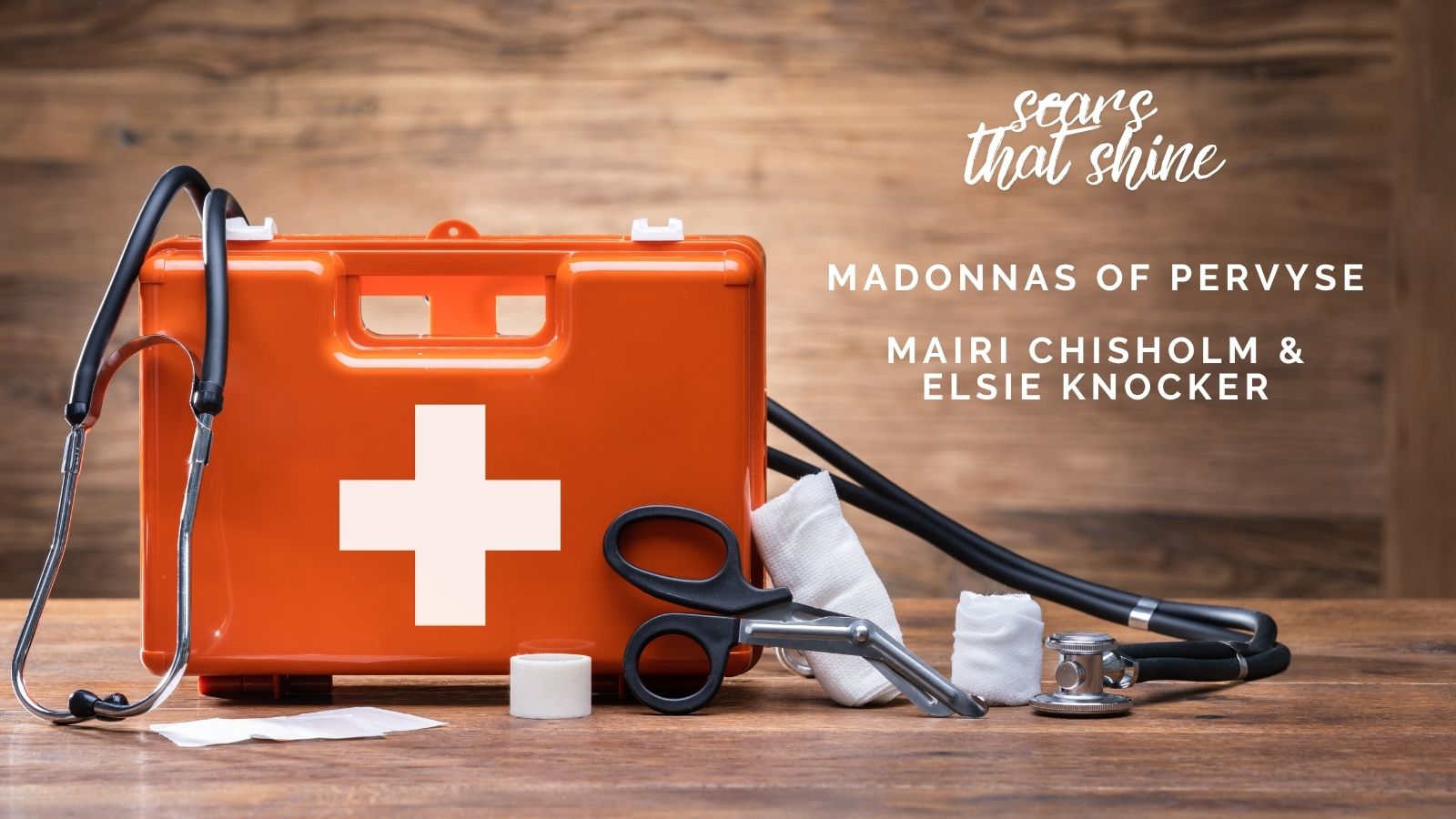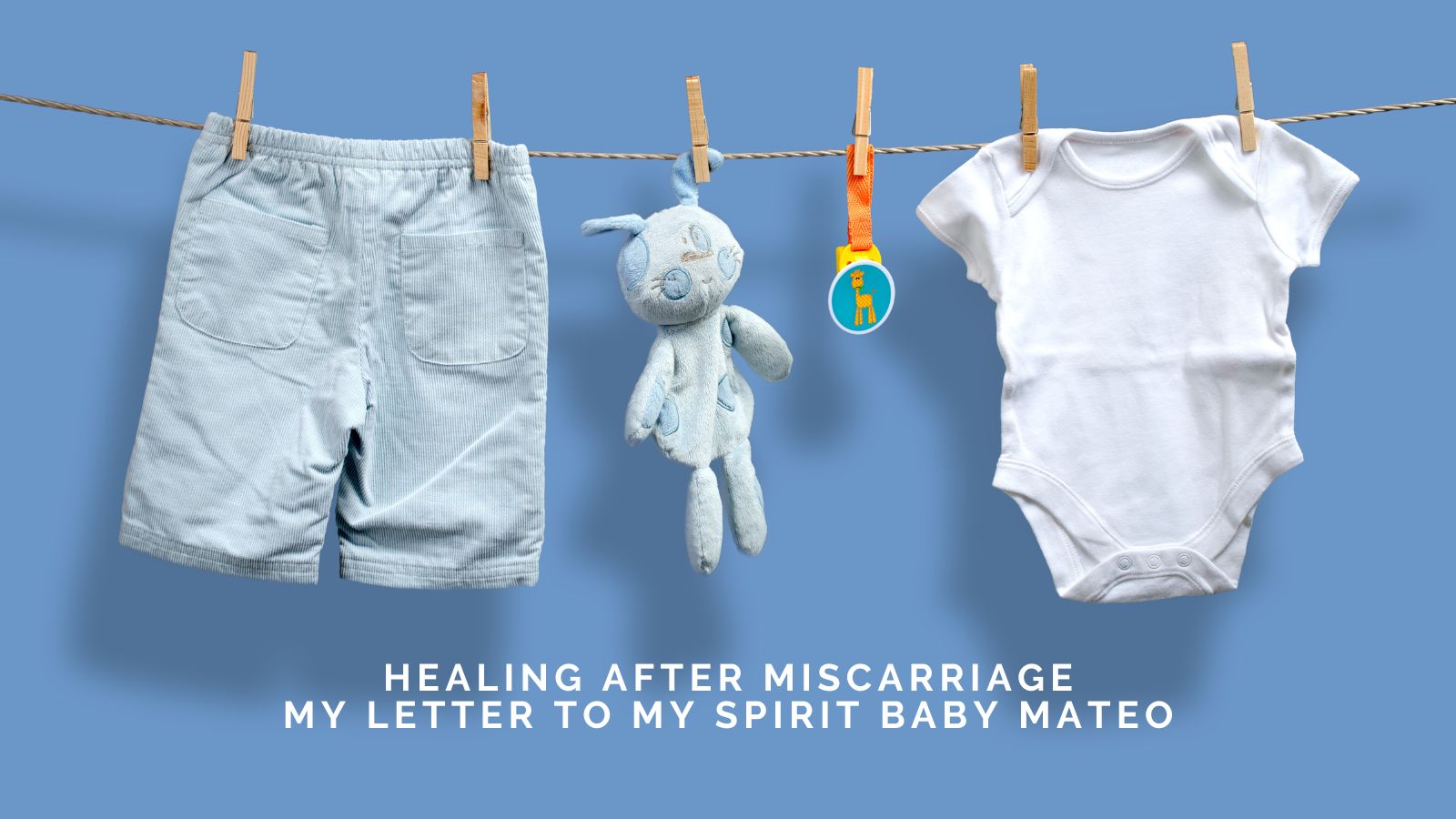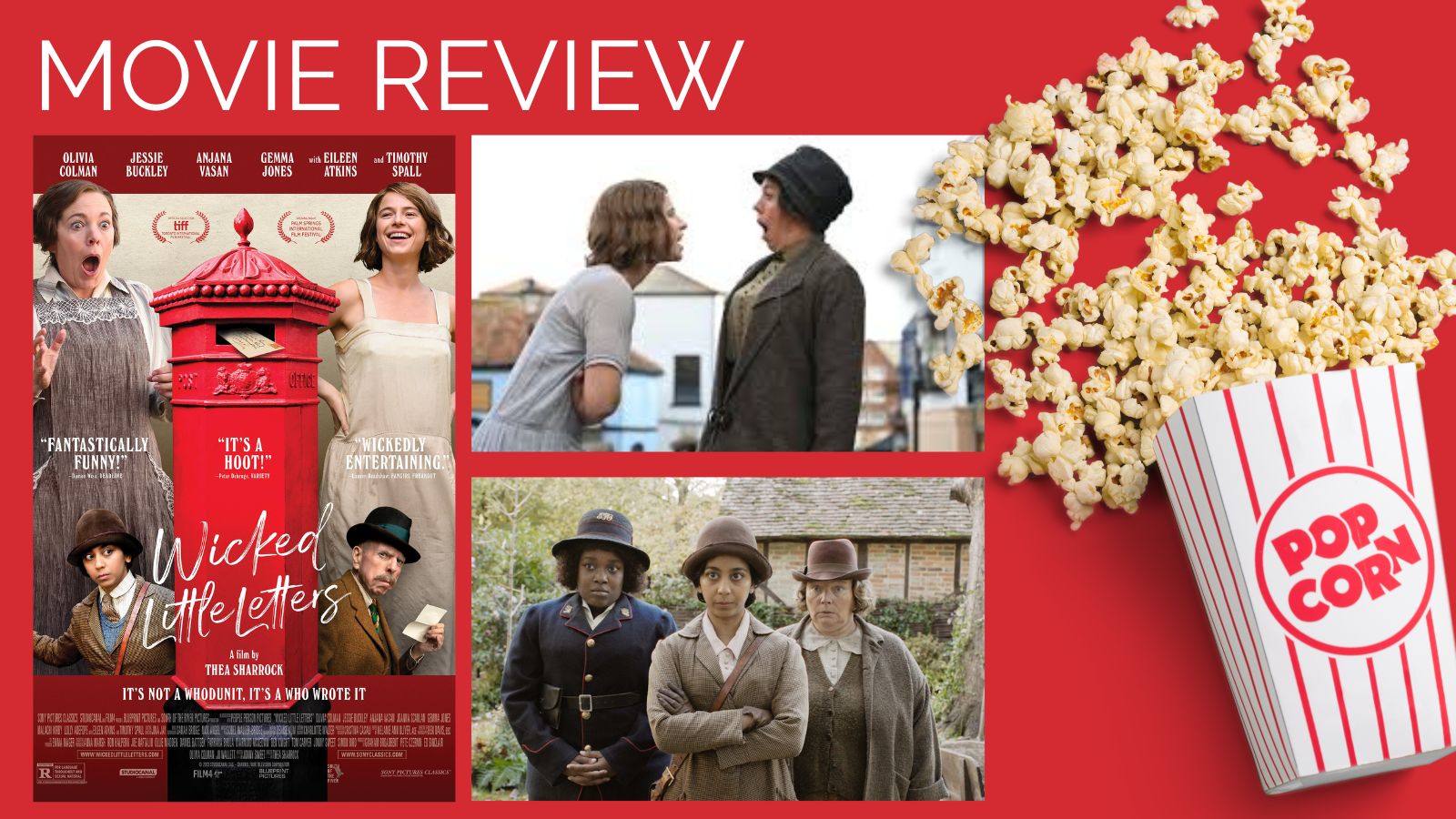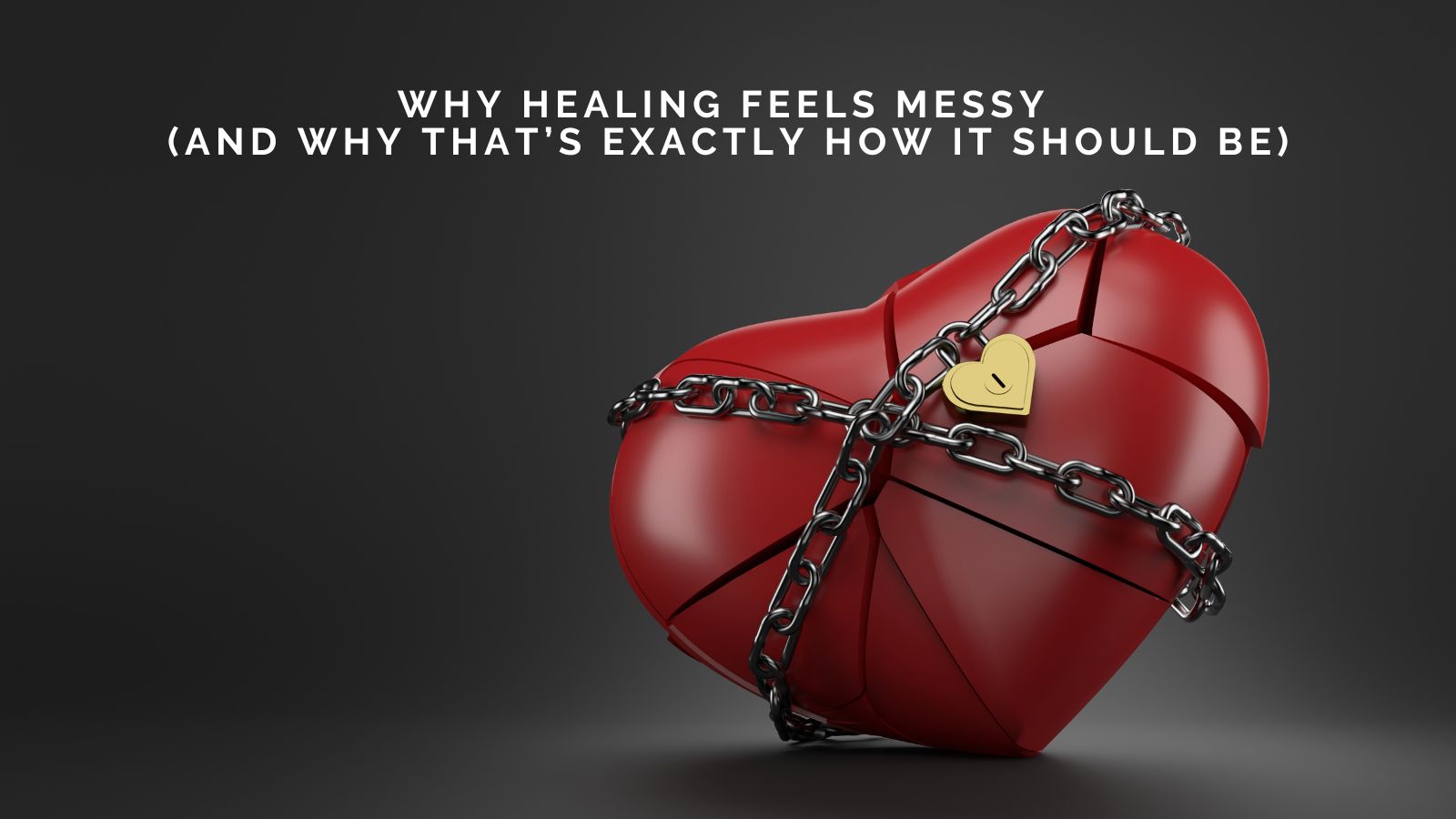
When the First World War tore through Belgium, the newspapers struggled to find words for the extraordinary. They settled on an image both reverent and startling: “The Madonnas of Pervyse.” The title was given to two women — Mairi Chisholm of Scotland and Elsie Knocker of England — who abandoned convention and lived for almost four years within sight and sound of the Belgian trenches, operating their own first-aid post just a hundred yards from the front line.
It was a nickname meant to convey devotion and sacrifice, likening them to the Virgin Mary. But behind the sanctified image stood two flesh-and-blood women who were motorcyclists, mechanics, nurses, ambulance drivers, and above all, stubbornly independent. Their lives tell us something not only about the war but about courage, friendship, and the strain of being icons when all you want to do is work.
Born in 1884, Elsie Knocker had already carved a life that defied Edwardian expectations. She was an experienced nurse, a skilled motorcyclist, and socially bold. Mairi Chisholm, born in 1896, was younger but equally determined, known in her circle as “the girl on the motorbike” who raced through the Scottish countryside on her Douglas motorcycle.
The two met through a shared love of motorcycling, and by the outbreak of war in 1914, they were both itching to serve. They signed up with Dr Hector Munro’s Flying Ambulance Corps, ferrying the wounded away from the chaos of the front. But both women quickly grew frustrated. Ambulances collected casualties hours after injury, often too late to save them. For Chisholm and Knocker, this was intolerable.
So they left the Corps and, in an act of daring independence, set up their own dressing station in the ruined Belgian village of Pervyse, just north of Ypres.
By November 1914, the two had secured a bombed-out cellar. They shored up the walls with sandbags, installed a stove, and called it their Poste de Secours Anglais — the English Aid Post. From this “cellar-house,” as it came to be known, they tended to soldiers dragged straight from the firing line.
The conditions were appalling. Gas seeped into their refuge. Shellfire shook plaster from the ceiling. At times, the water supply was so limited they lived on cocoa and tinned meat. But here, soldiers received immediate care: bleeding staunched, splints applied, morphia administered, and spirits lifted. Their bulldog, “Bully,” prowled among the wounded, offering a kind of mascot’s comfort.
The Imperial War Museums still hold haunting photographs: the two women in tin helmets and respirators, standing behind sandbags, treating soldiers by candlelight. These images fed into their fame, but also demonstrated something new — the frontline presence of women not as nurses far behind the lines, but as practitioners of immediate trauma care.
Their diaries and letters, published in The Cellar-House of Pervyse (1917), capture the rhythm of life there: the sudden lulls, the frantic rush when a shelling ended, and the moments of humour that punctuated the danger. It remains one of the most vivid accounts of civilian women working almost shoulder-to-shoulder with troops in the trenches.
Their courage was not ignored. In January 1915, King Albert I of Belgium decorated both women with the Order of Leopold II with palm. Britain awarded them the Military Medal in October 1917 for “bravery under fire,” along with the Order of St John and Belgium’s Queen Elisabeth Medal.
They were, for a time, celebrities. Newspapers ran their photographs, postcards were printed with their faces, and donations flowed in to keep their post supplied. Yet, despite the adulation, they refused to abandon their cellar-house. They insisted that their place was beside the wounded, no matter the risk.
In March 1918, the German Spring Offensive unleashed renewed fury on Pervyse. Their aid post was bombed and filled with poison gas. Both women were badly affected and evacuated to Britain. Mairi Chisholm returned briefly to the front but was gassed again. At last, their work in Belgium ended.
By then, they had spent nearly four years living in the shadow of the trenches — a feat almost unimaginable for civilians, let alone women. Their model of care — stabilise the wounded as close to the point of injury as possible — foreshadowed modern battlefield medicine and paramedic practice.
After the war, both women continued to serve, briefly joining the Women’s Royal Air Force. Yet their famous partnership would not last. Several factors strained their friendship:
Elsie Knocker’s marriage to Belgian pilot Baron Harold de T’Serclaes during the war had ended unhappily, leaving her a divorcée at a time when divorce carried stigma. Chisholm, from a traditional Scottish background, found the social scandal difficult to reconcile with her own values.
Their personalities, once complementary, began to clash in peacetime. Knocker was more extroverted and sought the spotlight, publishing her memoir Flanders and Other Fields later in life. Chisholm preferred privacy and quiet work, increasingly uncomfortable with fame.
Time itself changed them. War had bound them tightly, but peace required different paths. Chisholm settled into a quieter life in Dorset, later returning to Scotland, while Knocker remained outspoken, active, and in some ways restless.
Their rift was never dramatically announced, but by the 1920s they were no longer inseparable. The women who had faced bombardments together in a Belgian cellar now lived apart, their legendary partnership a memory for the public but no longer a daily reality.
The “Madonnas of Pervyse” were not saints. They were women who chose to place themselves in extraordinary danger because they believed they could make a difference. They saved lives not with miracles but with bandages, grit, and defiance.
Today, statues in Belgium and archives in Britain keep their story alive. Their photographs remain some of the most iconic images of women in the First World War. Their book, The Cellar-House of Pervyse, ensures that their voices are not lost to time.
More than a century later, their example resonates in every paramedic who races against the clock, every forward medical post that treats before transport, and every woman who refuses to accept that courage is someone else’s preserve.
Mairi Chisholm and Elsie Knocker — the Madonnas of Pervyse — remind us that history’s battlefield was never as male, or as simple, as the old stories suggest.





-2.jpg)




